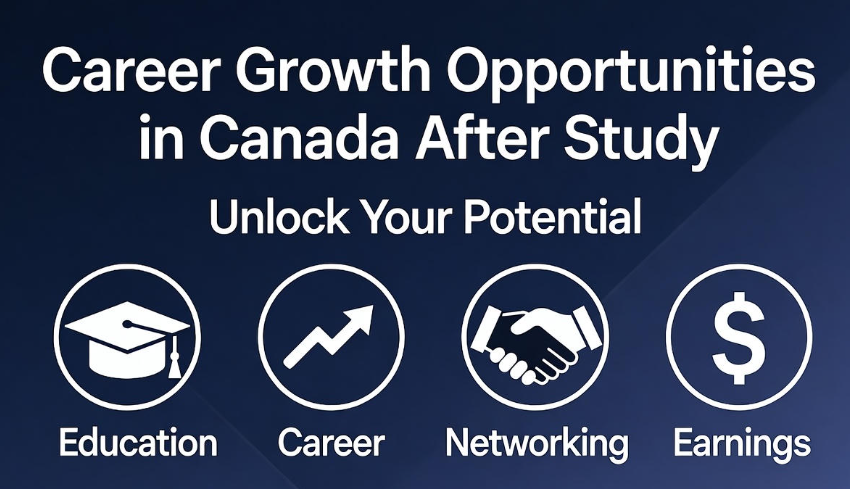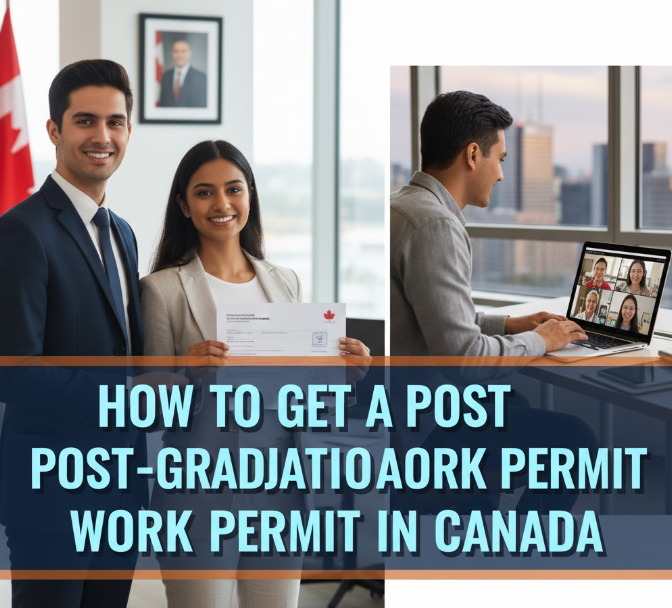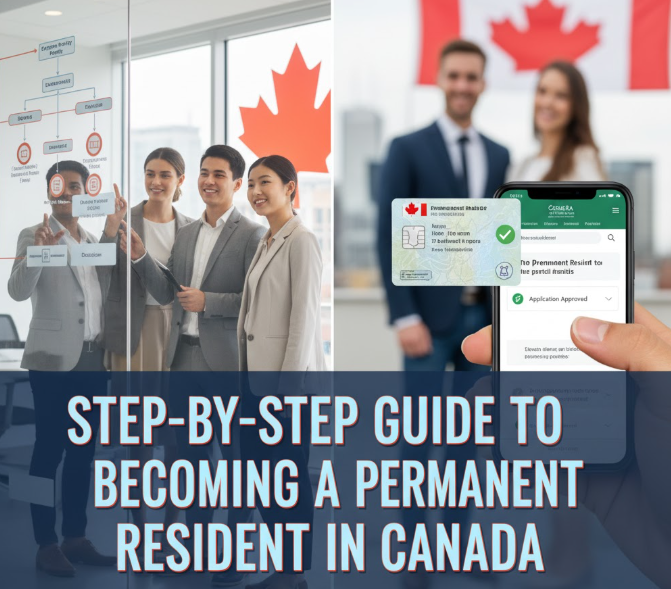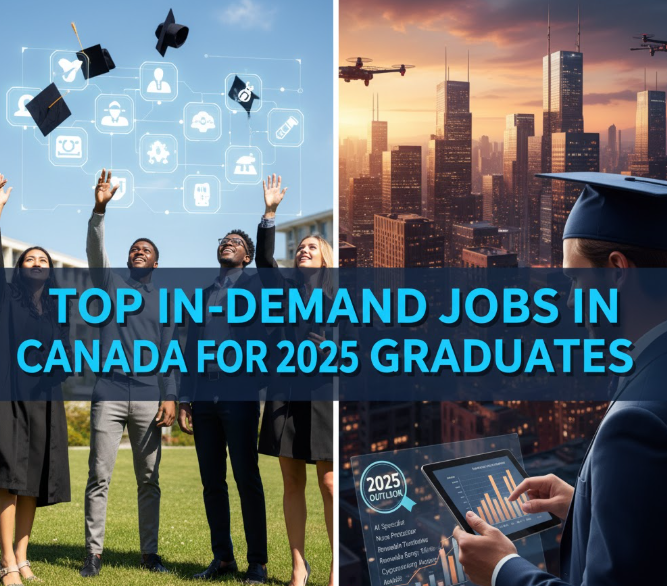Understanding the End of Your Student Visa
Finishing your studies is exciting , but it also comes with new responsibilities. One of the biggest things international students worry about is what happens when their student visa ends. It’s not just about leaving the country; it’s about planning your next steps in work, travel, or residency. Understanding your options early can save you stress and make your transition smooth.
Check Your Visa Rules Carefully
Not all student visas are the same. Some countries allow a grace period after graduation, others do not. You should know:
-
The exact date your visa expires
-
Whether you have a post-study work option
-
Any restrictions on employment or travel
Tip: Keep a calendar reminder for your visa expiry. Missing deadlines can lead to legal issues. ⏰
Explore Post-Study Work Opportunities
Many countries have post-study work visas (like Canada’s PGWP, Australia’s Temporary Graduate Visa, or the UK’s Graduate Visa). These programs let you work for a few years after graduation.
Why it matters:
-
Helps you gain international work experience
-
Increases chances of permanent residency later
-
Gives time to plan your career without rushing
Table: Popular Post-Study Work Visa Options
| Country | Visa Type | Duration | Eligibility | Work Limitations |
|---|---|---|---|---|
| Canada | PGWP | 1-3 years | Graduate from recognized institution | Full-time work allowed |
| Australia | Temporary Graduate Visa | 2-4 years | Bachelor or higher degree | Full-time work allowed |
| UK | Graduate Visa | 2 years | Any degree from UK university | Full-time work allowed |
| Germany | Job Seeker Visa | 18 months | Recognized German degree | Must find a job within period |
Plan Your Career Strategy Early
Don’t wait until your visa ends to start thinking about your next step. Ask yourself:
-
Do I want to stay in the country?
-
Do I want to work in my field or start something new?
-
Should I consider internships, part-time work, or freelance projects?
Tip: Networking is your best friend . Attend events, connect with alumni, and join professional groups in your city. A lot of opportunities come from connections, not job boards.
Consider Permanent Residency Options
If your goal is to stay long-term, start looking into permanent residency (PR) pathways. Countries usually favor:
-
Skilled workers in demand
-
Those with work experience in the country
-
Graduates with recognized degrees
Example: Canada awards points in its Express Entry system for Canadian education and work experience. The more experience you gain after your student visa, the higher your PR chances.
Financial Planning After Student Visa Ends
Life after a student visa may come with new financial responsibilities. Your student loans, living costs, or relocation plans can add pressure. Here’s a simple approach:
Step 1: List your expected expenses
-
Rent or housing
-
Food and utilities
-
Transportation
-
Insurance
-
Job search costs
Step 2: Estimate income sources
-
Post-study work salary
-
Freelancing or part-time jobs
-
Savings
Step 3: Create a buffer
Try to have at least 3-6 months of living costs saved. This gives you breathing space while you transition.
Update Your Skills and Resume
Employers look for experience, not just degrees. Update your resume with:
-
Internships, part-time jobs, or volunteer experience
-
Projects that show practical skills
-
Certifications or short courses relevant to your field
Tip: LinkedIn matters more than you think. A well-maintained profile attracts recruiters. Connect with professionals, share insights, and join discussions.
Housing and Relocation Plans
If you are planning to stay in the country, think about your housing. Student dorms often end with your visa. Options include:
-
Renting shared apartments
-
Staying with relatives or friends temporarily
-
Exploring work-linked housing
If you plan to move back home or another country, consider:
-
Selling or storing belongings
-
Booking flights in advance
-
Researching cost of living in your next destination
Mental and Emotional Preparation
Transitioning from student life to professional life or moving countries can be stressful. You might feel:
-
Anxiety about your future
-
Homesickness
-
Pressure to succeed quickly
What helps:
-
Talk to peers or mentors who have gone through it
-
Take care of mental health (exercise, hobbies, meditation)
-
Break your plan into small, manageable steps
Legal Documents and Paperwork
Make sure all your documents are in order before your visa ends:
-
Passport and visa copies
-
Degree certificate and transcripts
-
Work experience letters or reference letters
-
Tax or financial documents
Having everything ready avoids last-minute chaos and ensures a smooth transition. ️
Consider Alternative Pathways
If staying in your study country isn’t possible, explore options:
-
Online freelancing or remote work for international companies
-
Studying in another country with easier visa rules
-
Short-term internships or exchange programs
Sometimes a creative path can lead to unexpected opportunities.

FAQs
Q: Can I stay in the country after my student visa ends without work?
A: Usually no. Most student visas have a strict expiration date. You must leave, apply for a new visa, or switch to a work/PR visa before expiry.
Q: How long can I stay after graduation?
A: It depends on your country. Some give a few months, others allow 1-3 years through post-study work visas. Check your local immigration website.
Q: Should I apply for jobs before my student visa ends?
A: Absolutely! Start early. Many companies require months of notice or work permits. Early applications reduce stress.
Q: Can internships count towards work experience for PR?
A: In some countries, yes. Paid internships are often counted, while unpaid ones may not. Check the official guidelines.
Q: How do I make sure I’m ready financially?
A: Budget carefully, track expenses, and save a buffer of at least 3-6 months of living costs. Don’t rely on last-minute income.
Final Thoughts
Life after a student visa ends can feel like stepping into the unknown . But with careful planning, networking, skill-building, and financial preparation, it can also be exciting and full of opportunities. Start early, stay organized, and keep your options open. Remember, this is not the end—it’s just the beginning of a new adventure in your life journey.




